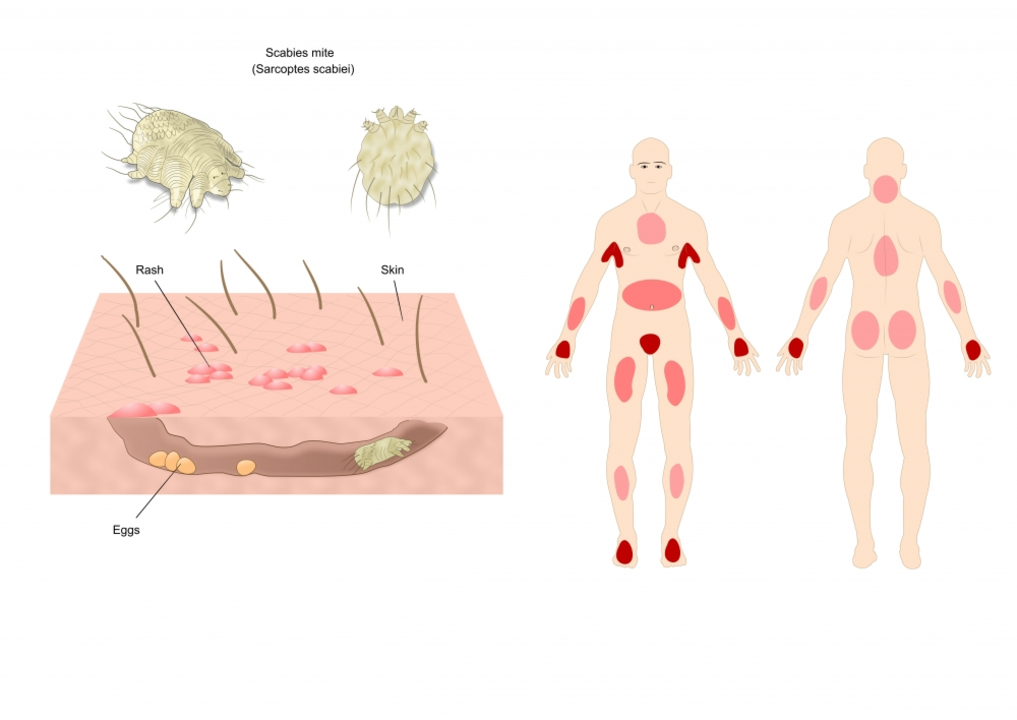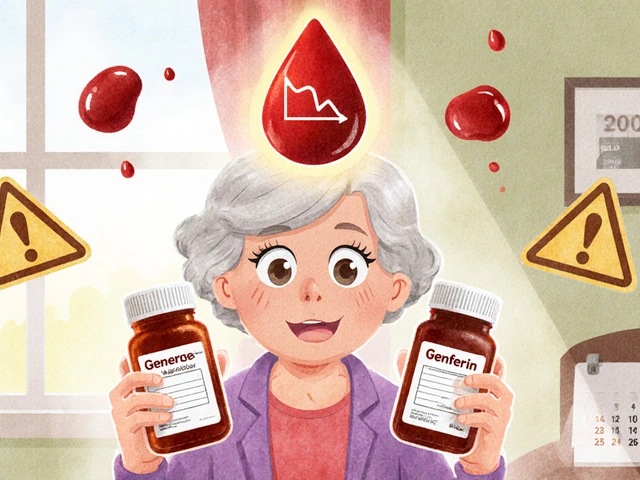May 2023 Archive — Practical guides on drugs, infections, and daily health
This month’s posts mix drug safety, infection basics, mental-health links, and everyday tips you can use now. If you take prescription meds, care for someone with an infection, or want simpler ways to sleep and move better, these short pieces point to what matters and what to ask your clinician.
Medication risks and practical checks
Several posts focus on drugs you might hear about but don’t always get clear advice on. One highlights lamivudine and a raised risk of lactic acidosis, especially for people with liver problems or long-term use — the takeaway: watch for unusual tiredness, muscle pain, stomach upset, or rapid breathing and get lab checks when your doctor recommends them.
Nevirapine cost and financial help is covered with concrete routes: patient assistance programs, nonprofit support, and insurance options. If cost blocks access, contact the drug maker’s patient program and local HIV support groups; they often guide you through paperwork and emergency supply options.
Indinavir appears in a piece about how family and friends can support people living with HIV. Practical actions matter: help with reminders, accompany to appointments, and create nonjudgmental spaces to talk about side effects and adherence.
Infections, parasites, and wound care
Two similar posts explain the life cycle of Sarcoptes scabiei — scabies mites. They burrow, lay eggs, and cause intense itching. The clear actions: treat the whole household, wash bedding on hot, and seek prescription topical therapy rather than home guesses.
Tinidazole FAQ covers when that antibiotic is used (protozoal and some bacterial infections), usual side effects like nausea and dizziness, and the need to finish the full course. Another post looks at candidemia and how nutrition supports recovery: low-sugar diets, probiotics, and immune-supporting nutrients can help alongside medical antifungal treatment, not instead of it.
Calcium acetate shows up as a helpful aid in wound care by reducing bacteria and supporting healing when used correctly in clinical settings. If you’re managing chronic wounds, ask a wound-care nurse about dressing options that include mineral-based products.
There’s also practical help on urinary retention and sleep: set consistent routines, monitor fluid and caffeine timing, and see a clinician if retention persists. Small changes often improve sleep quickly while you pursue medical evaluation.
Other useful reads: a clear guide on myoclonic seizures — what they look like and basic management steps; a look at tiratricol supplements and why you should consult a doctor before use; and a short review of dydrogesterone’s effects on bone density for postmenopausal care.
If you want quick action items from May: monitor side effects, ask about lab checks and financial aid, involve trusted people in care, practice basic hygiene for contagious conditions, and check with clinicians before starting supplements. These posts are short, practical, and aimed at making health choices easier day to day.












